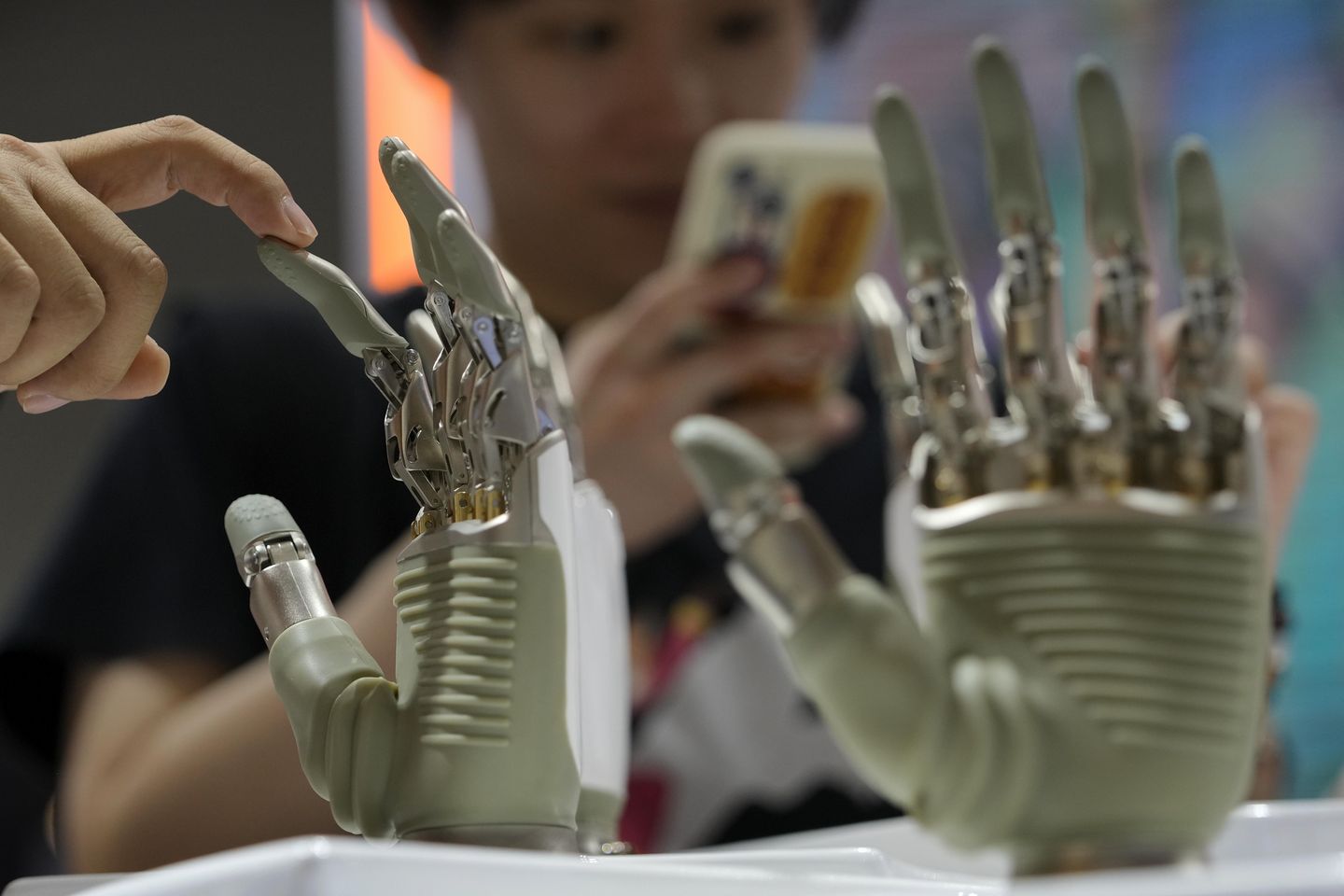
China is performing better in the artificial intelligence arms race than many Americans understand, according to the U.S.-China Economic and Security Review Commission’s Michael Kuiken.
Mr. Kuiken, a commissioner on the congressionally chartered panel, said Monday that Americans should learn from the example of China’s DeepSeek making sudden gains in developing a powerful AI model earlier this year.
“I think they’re doing better than we think they are and I assume that their best is behind the curtain,” Mr. Kuiken said at a Center for a New American Security event. “We should assume that at all times.”
The U.S.-China Commission recommended last year that Congress establish a Manhattan Project-like program to achieve artificial general intelligence, which are anticipated systems that perform at least as well as humans across all cognitive domains.
Mr. Kuiken said accomplishing such a program would require estimated investments of $10 billion to $30 billion over the course of years.
Taxpayer funding is potentially needed for such a project that would also require rethinking how the federal government does business, according to the U.S.-China Commission’s Randall Schriver.
Mr. Schriver, another commissioner, said at the CNAS event that changes are needed to the government’s acquisition strategies to ensure America wins the global competition for top AI systems.
“There is a role for [the] federal government, even if it’s going to be the private sector that’s going to be the lead generator of technological advance,” Mr. Schriver said.
Others are studying how to accomplish a Manhattan Project-like program for advanced AI as well, including the company Gladstone AI. After many months of investigation, the company determined America’s top labs that appear to be on the verge of AI breakthroughs are especially vulnerable to Chinese espionage.
Gladstone AI published a report last month saying it uncovered all frontier labs are “almost certainly” penetrated by the Chinese Communist Party, according to interviews with lab researchers and executives, intelligence officers, hackers, lawyers, special forces operators and others.
Some policymakers in Washington remain weary, however, about making decisions that could escalate tensions with foreign competitors including China over AI development, adoption and deployment.
Mr. Kuiken said such fears are misplaced. He said America needs to constantly be racing and “pouring resources” into the AI competition.
“I know there’s a community of folks in Washington that sort of always say, ’Oh my goodness, we’re going to set off a nuclear arms race,’” Mr. Kuiken said. “You know last time I checked, there basically is one going on right now in the AI space.”












